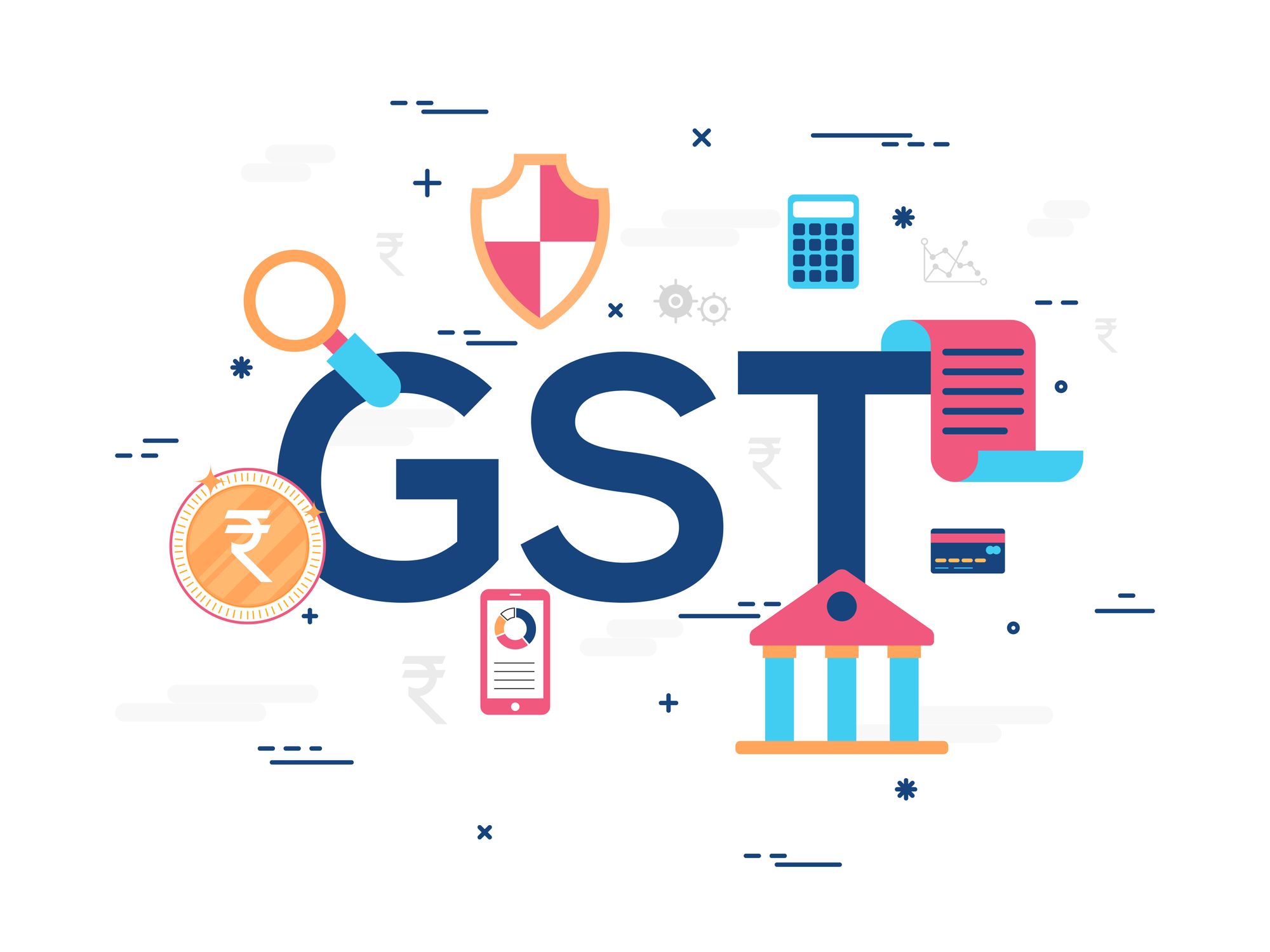Import-export business refers to the buying and selling of goods and services between countries. It can include importing raw materials, exporting finished goods, or both. This type of business can be a great way to diversify your income streams and potentially make a profit by taking advantage of global trade.
To start an import-export business, there are several steps you need to take:
- Identify a product or service: The first step in starting an import-export business is to identify a product or service that you want to export or import. This product or service should have a high demand in the target market, and it should be something that you have a passion for or knowledge about.
- Research the market: Before you start importing or exporting a product or service, you need to research the market. This will give you an idea of the demand for the product or service in the target market and help you understand the competition. Researching the market will also help you identify potential buyers or suppliers and help you set your prices.
- Obtain licenses and permits: Before you can start importing or exporting, you will need to obtain any necessary licenses and permits from the government. This can include an importer-exporter code, which is required by the Directorate General of Foreign Trade in India.
- Register your business: To start an import-export business, you will need to register your business with the Registrar of Companies. This will give your business legal recognition and allow you to open a bank account and apply for credit.
- Obtain an Importer-Exporter Code (IEC) from the Directorate General of Foreign Trade (DGFT).
- Open a bank account: You will need to open a bank account specifically for your import-export business. This will allow you to manage your finances and keep your personal finances separate from your business finances.
- Find suppliers or buyers: Once you have your business set up, you will need to find suppliers or buyers for your product or service. This can be done through online marketplaces, trade shows, or by reaching out to potential buyers or suppliers directly.
- Arrange for transportation and logistics: Once you have found a buyer or supplier, you will need to arrange for transportation and logistics to ship the product or service. This can include hiring a freight forwarder or customs broker to help with the import-export process.
- Keep accurate records: It is important to keep accurate records of all of your imports and exports. This will help you comply with customs regulations and ensure that you are paying the correct taxes and tariffs.
- Hire a customs broker: Consider hiring a customs broker to help with the import-export process. A customs broker can help you navigate the complex regulations and paperwork involved in importing and exporting, and they can also help you find the best shipping options and negotiate the best rates.
In addition to these steps, you also need to be aware of the regulations and laws of the countries you’re dealing with. Different countries have different regulations and laws, so it’s important to research the regulations and laws of the countries you’re importing and exporting to.
It is also important to note that you should always consult the official websites of the concerned authorities for the most recent and accurate information or consult a lawyer or an expert for legal and compliance advice.
In conclusion, starting an import-export business can be a great way to diversify your income streams and potentially make a profit by taking advantage of global trade. It requires research, planning, and a good understanding of the regulations and laws involved, but with the right approach, it can be a rewarding and profitable venture.



